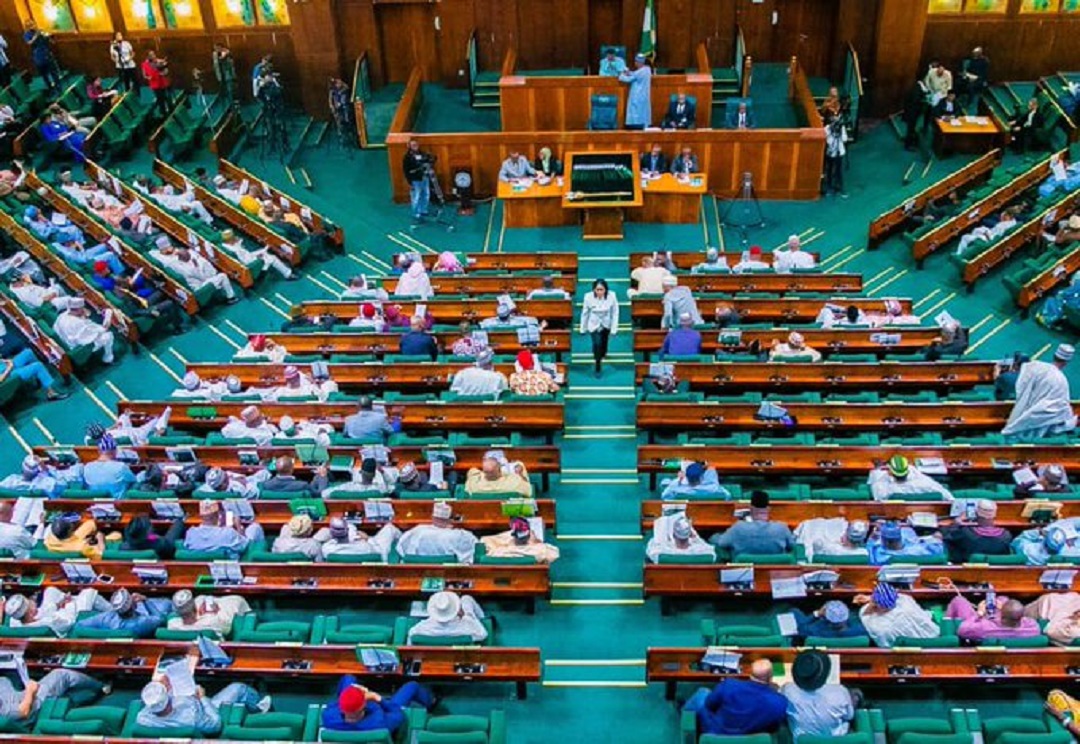A bill proposing the creation of a new state in Nigeria’s south-eastern region has cleared its first hurdle in the House of Representatives, on Tuesday.
The legislation seeks to carve out a new state from Imo, Abia, Ebonyi, Enugu and Anambra states in the region.
This development comes amidst longstanding calls for increased state creation in the South-East, which currently has five states – the fewest of any geopolitical zone in Nigeria.
Proponents of the bill argue that a new state would bring about fairer representation and development opportunities for the region.
The bill proposes amending the Nigerian constitution to accommodate the new state. It reportedly outlines Orlu as the proposed capital and details the local government areas to be included.
It was sponsored by five members of the House comprising Amobi Ogah, Miriam Onuoha, Kama Nkemkama, Chinwe Nnabuife and Anayo Onwuegbu.
When created, Etiti State will have 11 local government areas drawn from the five states with the capital to be located at Lokpanta.
READ ALSO: Fubara receives delegation of Chairman, Rivers House of Reps Committee on Ports
The bill is seeking to alter three sections of the 1999 constitution, to delete the word 36 and replace it with 37 to accommodate the new state and to insert the word Etiti, immediately after Enugu in the list of states contained in the 1999 Constitution (as amended).
It also seeks to alter the listing of local government areas according to states and transfer the 11 local government areas from their current states to the new state.
The local governments to be affected if the state is created are Isuikwuato and Umu-Nneochi (Abia), Orumba North and Orumba South (Anambra), Ivo and Ohaozara (Ebonyi), Aninri, Awgu and Oji River (Enugu) as well as Okigwe and Onuimo (Imo).
While passing the first reading signifies a preliminary step, the bill faces a long road ahead. It must now undergo further scrutiny and debate in the House before proceeding to a second reading and potential vote. Even if successful there, the bill would require further approval from the Senate and passage by a two-thirds majority in both chambers of the National Assembly.
The proposed state creation has sparked mixed reactions. While some in the Southeast see it as a positive step towards addressing regional imbalances, others have expressed concerns about the feasibility and potential economic impact. It is likely that the debate will intensify in the coming weeks as the legislative process unfolds.

 Entertainment6 days ago
Entertainment6 days ago
 Health1 week ago
Health1 week ago
 Health4 days ago
Health4 days ago
 Football1 week ago
Football1 week ago
 Football1 week ago
Football1 week ago
 Crime4 days ago
Crime4 days ago
 Education6 days ago
Education6 days ago
 Crime1 week ago
Crime1 week ago

